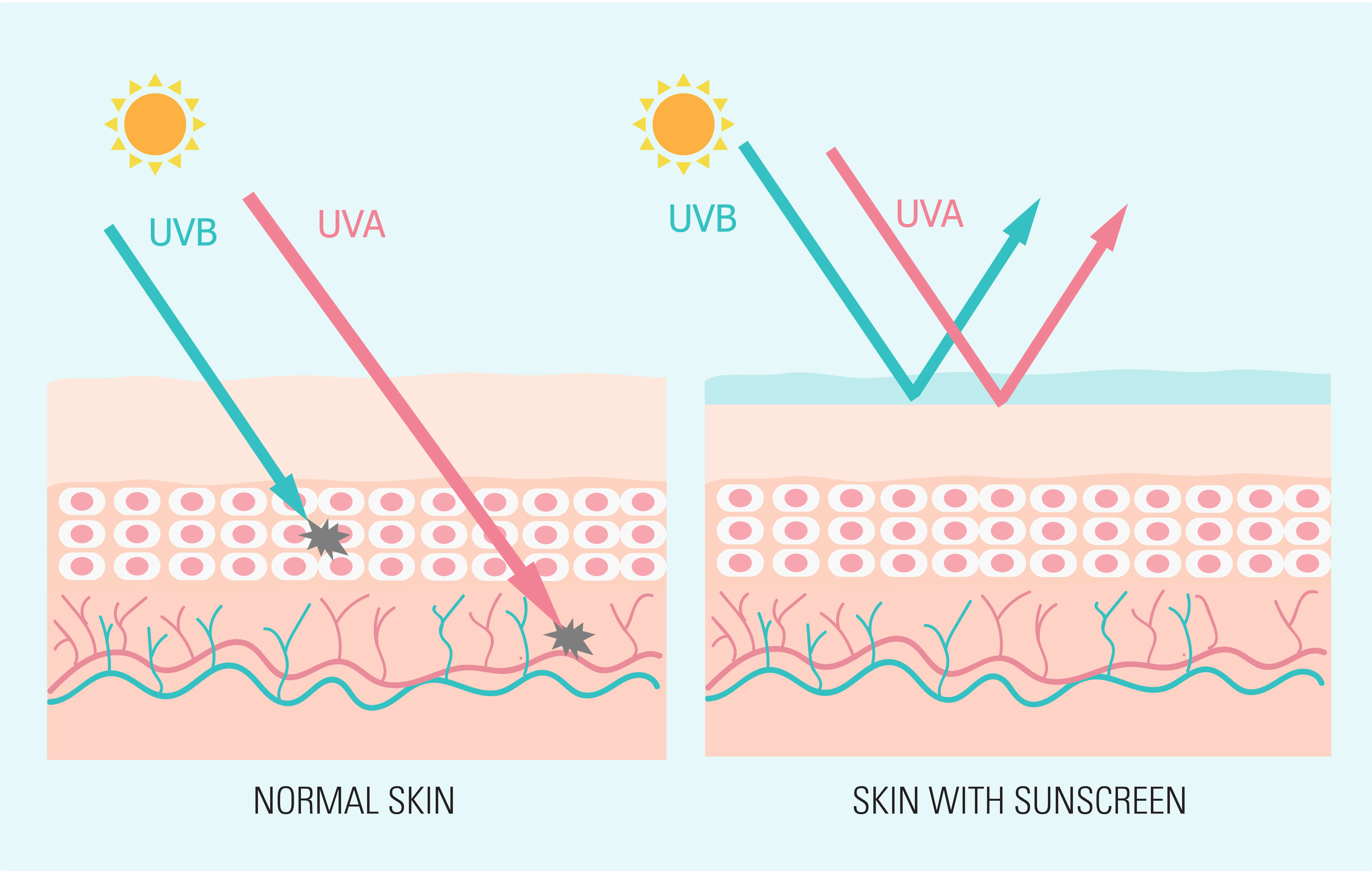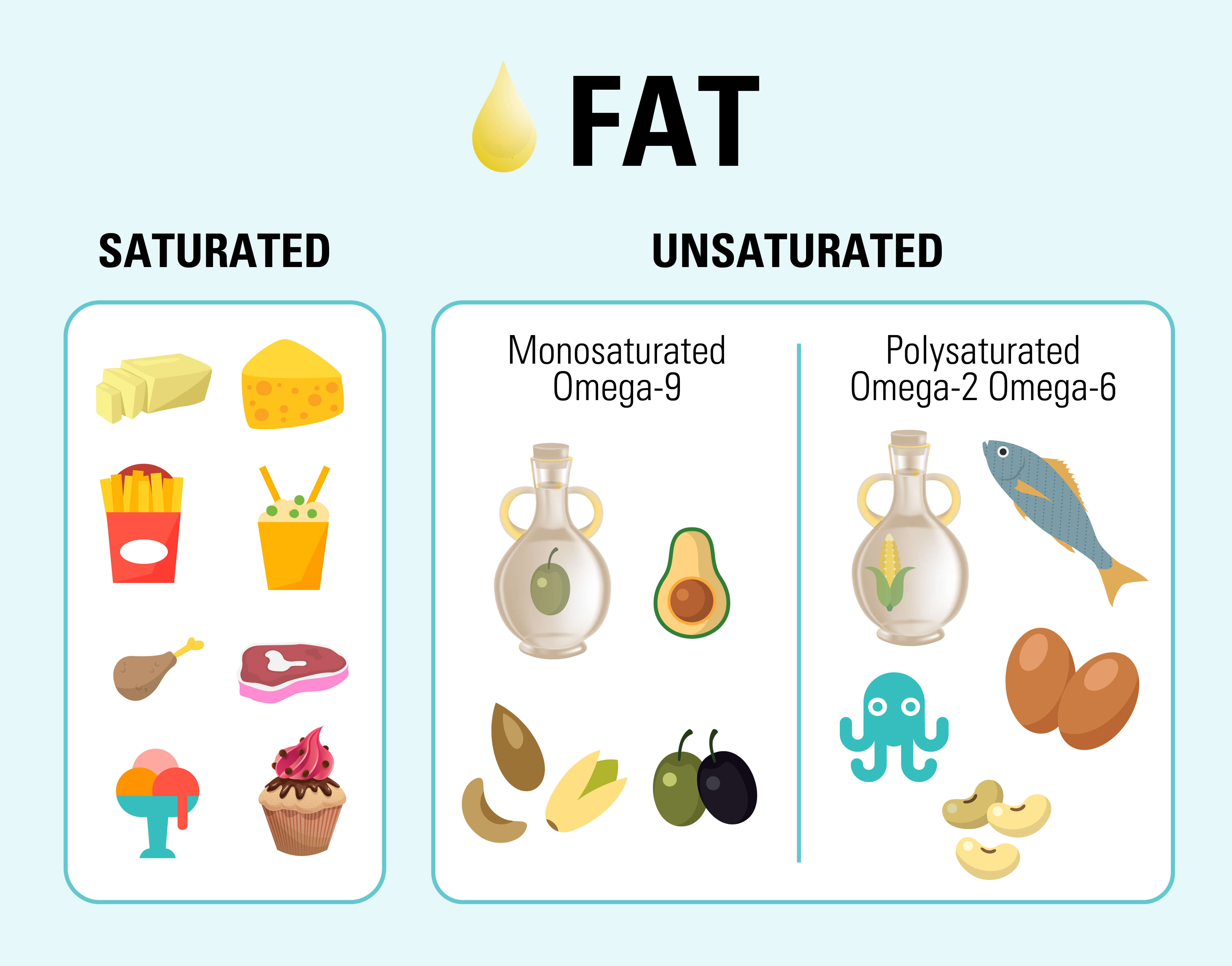Skin Care
Help Your Skin Glow With These 8 Tips
Everybody wants glowing skin, but knowing exactly how to achieve this can sometimes be tough. From powerful skin care ingredients to skin-boosting lifestyle habits, here are eight tips to help you give your skin a radiant glow.
1) Cleanse Every Day
So many people underestimate the importance of cleansing their skin each and every day, but this can actually have a huge impact on the health, and appearance, of your skin.
Even if you think your skin is clean at the end of the day, and does not require any cleansing, you are wrong…
Each and every day, dead skin cells and excess oil build up on your skin, as does dirt, bacteria and other unwanted substances. When all of this begins to settle into your pores, it not only leads to a dull and rough complexion, but can also cause everything from acne to premature aging.
The only way to properly prevent this from happening is by cleansing, which is best done at the end of each day.
Not sure where to begin when it comes to choosing a cleanser?
This is a common problem that many have, because there are so many different types of cleansers out there.
The key here is to know your skin type…
Here are a few guidelines to help you to choose the best cleanser for your skin:
- Foaming cleansers – these cleansers form a thick lather, and are able to remove makeup, dirt and oil from the skin. However, they can sometimes be a little too effective, stripping the skin of a large amount of its natural oils, which is why they are best used by those with oily or combination skin, while avoided by those with dry skin.
- Cream and lotion cleansers – these have a soft and silky texture, and are extremely moisturizing, making them perfect for those with dry or sensitive skin
- Micellar waters and other cleansing waters – these are great for all skin types, but can sometimes be ineffective at removing makeup
- Cleansing balms – extremely rich and moisturizing, these are perfect for those with both normal and dry skin
- Cleansing oils – these are great for the double cleansing technique, but should be followed up with another cleanser. When used in this way, they can be utilized by all skin types
- Soap and bar cleansers – these are extremely drying, and are best avoided by all skin types, especially since there are so many better alternatives available
2) Exfoliate Regularly
Even if you cleanse your skin each day, exfoliation is also necessary if you want to boost your skin’s natural glow.
Why?
Because exfoliating works in a different way to cleansing…
While cleansing removes all of the impurities on the surface of your skin, exfoliation gives your skin a deeper cleanse, clearing out unwanted substances from your pores. Exfoliators are also much more effective at clearing away dead skin cells, either by manually scrubbing these off or chemically dissolving them.
However, just like with cleansers, there are many different exfoliants out there, so how do you know which one to choose?
Again, the answer lies with your skin type:
- Oily skin – since using a scrub can often end up spreading oil and bacteria around your face, chemical exfoliants that contain salicylic acid tend to be best
- Combination skin – since the different parts of your skin require different ingredients, exfoliating pads are great
- Dry skin – physical scrubs work well for dry skin, but make sure you choose a gentle one, such as those made with jojoba beads, as these will soothe your skin while exfoliating it at the same time
- Sensitive skin – enzymatic exfoliants are ideal for sensitive skin, as they are extremely gentle and made from fruits rather than synthetic chemicals
- Normal skin – if you have been blessed with a normal skin type, feel free to experiment with different exfoliants
Don’t forget…
After exfoliating, you always need to follow this up with a layer of moisturizer.
Why?
Because your skin will be much more sensitive and vulnerable since you have exfoliated away its top layer, so the moisturizer will provide it with an extra barrier of protection while it is feeling fragile.
3) Protect Your Skin From the Environment
The environment around you can actually be quite damaging to your skin, with everything from the sun to pollution causing problems and leading to a dull complexion.
Fortunately, there are so many products available out there to protect your skin from the environment and enhance its natural glow.
The easiest way to deal with this is to look for a sunscreen that can also provide protection from pollution.

Make sure that you opt for at least an SPF 30, and re-apply this on any bare skin every couple of hours.
4) Research Your Ingredients
There are certain ingredients out there that are known for their ability to brighten and hydrate the skin, both of which contribute to a healthy glow.
Wondering what these ingredients are?
Here are a few:
- Retinoids – these help to smooth and firm the skin, which then enables it to better reflect light, giving it a gorgeous glow
- Ceramides – these are similar to your skin’s natural enzymes, and will provide it with a moisturizing barrier of protection
- Vitamin C – this is a popular antioxidant that is so effective at brightening the skin, preventing it from looking flat and dull. If you want to boost the effects of vitamin C, apply some green tea extract or grape seed extract too, as these bioflavonoids prevent vitamin C from oxidizing, therefore allowing your skin to soak up more of its benefits
5) Eat Skin-Boosting Foods
You may not think that your diet has that much of an impact on your skin, but it really does…
Just a few dietary adjustments could help you to dramatically boost your skin’s natural glow, while also treating everything from wrinkles to acne to psoriasis.
Wondering what adjustments you need to make?
Begin by assessing the fruits and vegetables that you eat. These should form a significant part of your diet, and ideally consist of produce in a wide range of colors.
Why?
Because each color signifies a different range of nutrients, so by eating a variety of these, you will be providing your skin with so many different vitamins, antioxidants and more.
You have also likely heard the term omega-3 fatty acids before, but do you know why these are so important for your skin?
These are often referred to as the good fats, because not only do they improve skin health, but they also help with heart health and other parts of the body. When it comes to the skin, they strengthen your skin’s natural barrier, making it softer and more hydrated, which really enhances the skin’s natural glow.
So, where do you find omega-3 fatty acids?
The best food sources of these are seafood, walnuts, and flax seeds, so try to incorporate some of these into your diet.

When it comes to the foods that you should not be eating…
Sugar, starchy foods and white flour are the main ones to cut out of your diet.
Why?
Because these lead to spikes in your insulin levels, which then triggers an inflammatory reaction. Since inflammation is the leading cause of many skin issues, from premature aging to acne to rosacea, this is something that you are best off avoiding.
6) Ensure Quality Sleep
It should come as no surprise that quality sleep is essential for optimum health, but did you know that the quality of your sleep can also directly impact your skin too?
The time during which your body is asleep is also when your skin cells heal and regenerate, meaning that without enough sleep, your skin cells will not be working to their full potential.
Here are just a few of the benefits that quality sleep can bring to your skin:
- Smoother skin with fewer wrinkles – since your body produces collagen while you are asleep, quality sleep helps to keep the skin smooth and firm. Five hours of sleep a night can result in double the amount of wrinkles as seven hours of sleep
- A healthier glow – sleep helps to stimulate blood circulation, meaning that a lack of quality sleep will leave your complexion looking dull and tired
- Brighter eyes – if you have ever experienced puffiness around the eyes, or dark circles, then you likely already know that quality sleep is something that can really prevent this
So, how much sleep do you need?
Between seven to nine hours is ideal, and you should try to achieve this throughout the week. While it is possible to catch up on lost sleep during the weekends, the best way to boost your skin’s glow is to enjoy consistent quality sleep each and every night.
7) Pamper Your Skin
Everybody’s skin needs some extra care once in a while, and face masks are perfect for this.
These do not need to be used every day, and can instead be applied just once a week to boost your natural glow.
However, just like many of the other skin care products out there, the sheer array of different face masks available can sometimes be quite overwhelming.
So, where do you start?
Here are a few tips to help you to understand the differences between the various types of face masks available:
- Clay masks – these draw out impurities from within the skin, and are great for absorbing excess oil and unclogging pores
- Cream masks – contain emollients, meaning that they really soften and moisturize the skin
- Peel-off masks – while they are not quite as absorbent as clay masks, peel-off masks still temporarily tighten the skin, boosting circulation to enhance a natural glow
- Thermal masks – these heat up when they come into contact with the skin, which warms up your skin tissues and encourages your skin to breathe

8) Stay Active
When it comes to skin care, exercise is often something that tends to be ignored.
Many do not realize just how directly exercise can affect the skin, but even a single workout can result in a healthy and happy glow.
How?
Well, to begin with, exercise provides your skin with oxygenated blood, which causes blood vessels to dilate, giving the skin an immediate vibrant glow that lasts for long after the workout is over.
Exercise also produces endorphins, which decreases the cortisol in your body. This is important, because not only does cortisol lead to everything from dullness to acne, but it also causes a breakdown in collagen.
The sweating that your skin does when you exercise can also help…
Sweating enables your skin to rid itself of any impurities, but you do need to ensure that you cleanse your skin immediately after exercising, rather than letting the sweat settle back into your pores.
Finally, exercising each day will also help you to sleep better at night, which, as mentioned above, brings its own benefits to the skin. In fact, research suggests that after exercising, the skin is able to repair itself much faster while your body is asleep.
Not a great fan of exercising?
Exercise does not mean that you need to spend hours in the gym, as there are many other ways in which you can give your body a good workout. Try taking a brisk walk around the block each evening, or sign up for a dance or sports class to get your body moving.
These eight tips may seem simple, but following them will really help to boost the health and appearance of your skin. From eating the right foods to using the right ingredients, these are all fail-proof ways to help enhance your skin’s natural glow.



